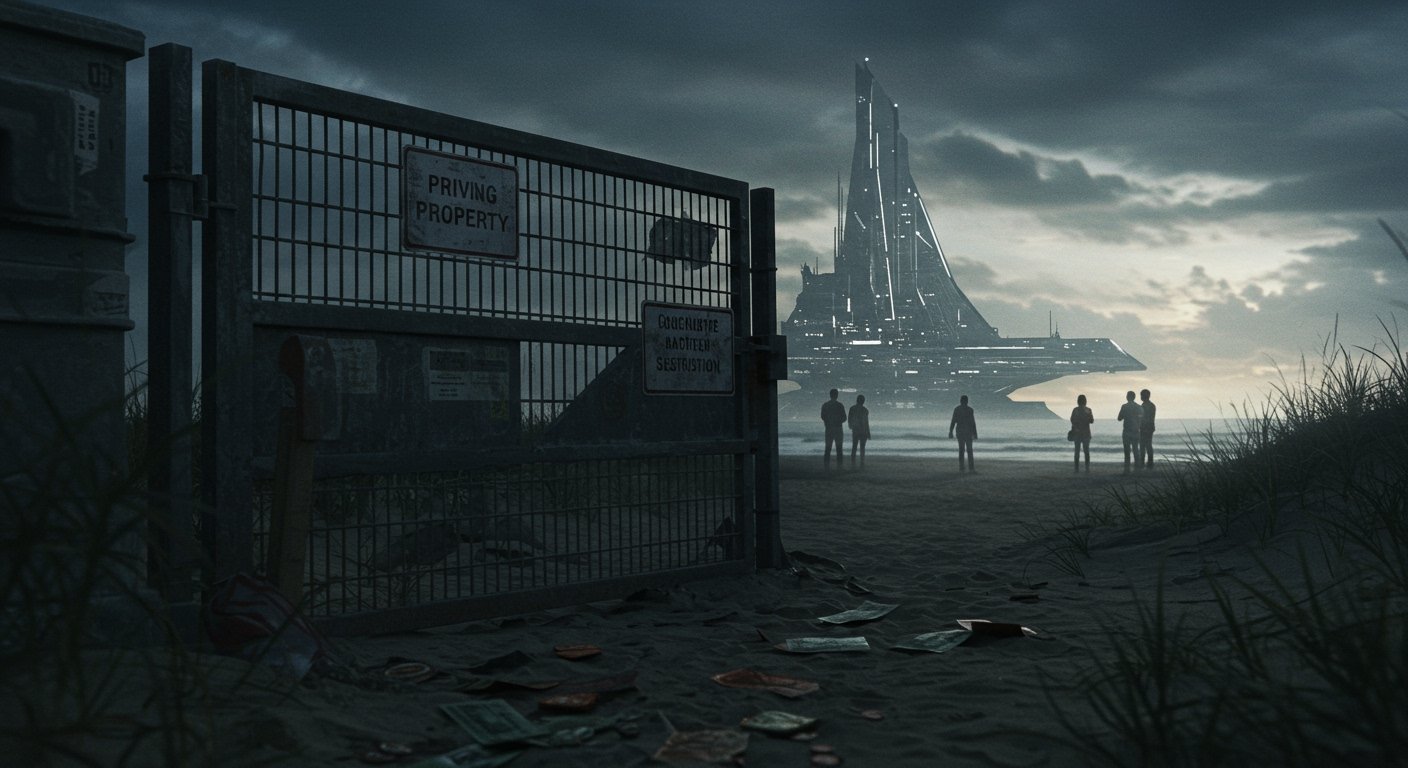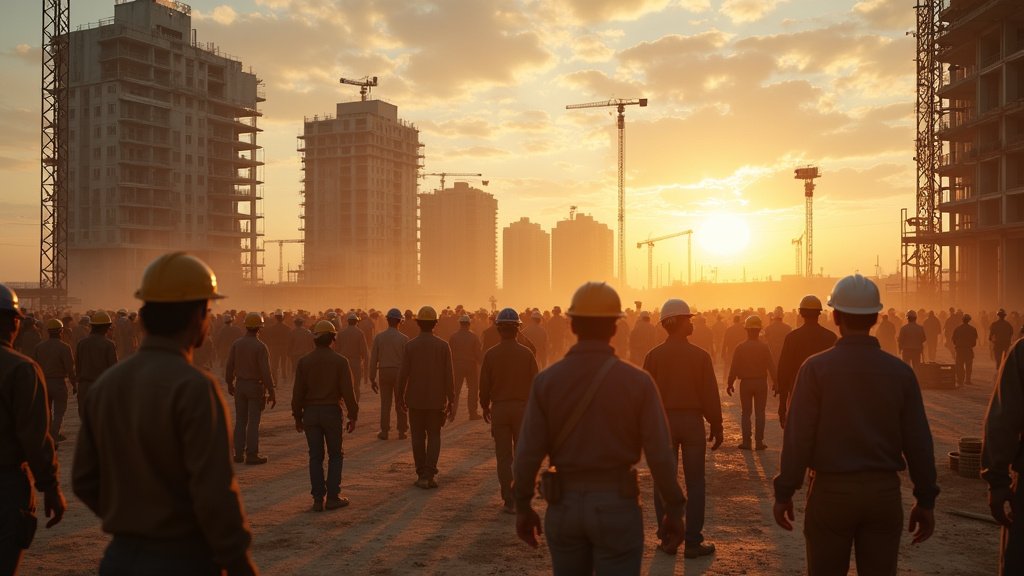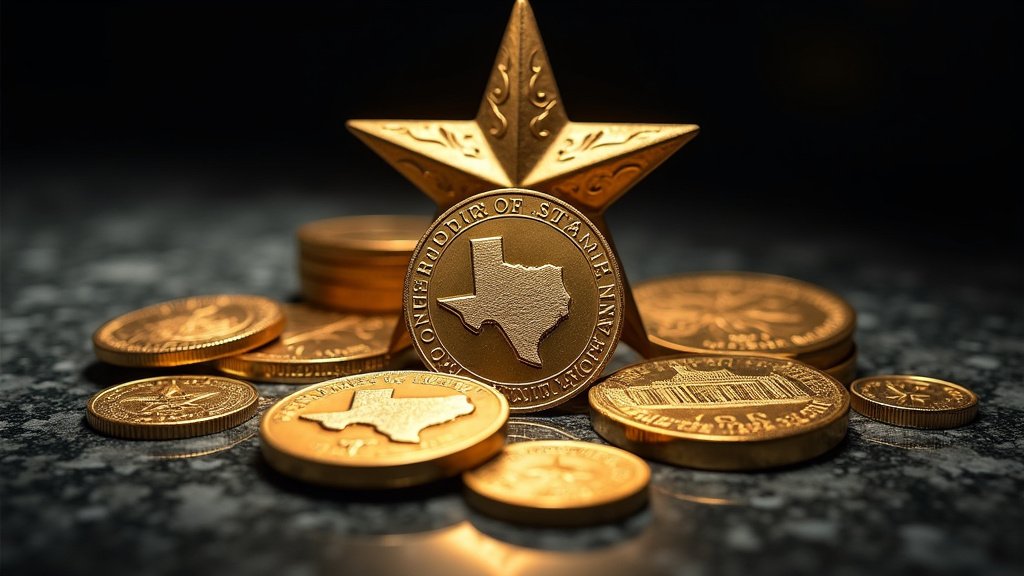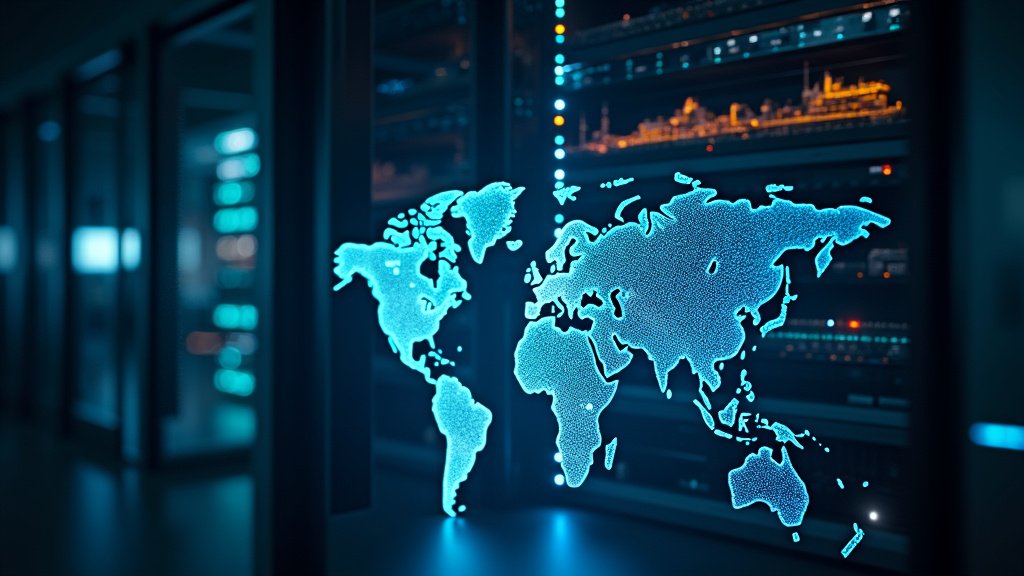A highly contentious federal spending bill, characterized by some political observers as “Donald Trump’s prize legislation,” recently achieved narrow passage in the U.S. Senate. The legislative battle culminated in a rare moment requiring Vice President JD Vance to cast the tie-breaking vote, highlighting the intense partisan division and the delicate balance of power in the chamber.
Economic and Social Fallout of the Legislation
The bill’s potential impact on the nation’s fiscal health and social safety nets has drawn sharp criticism. According to analyses, the legislation is projected to significantly increase the national debt, adding an estimated $3 trillion over the coming decade. This substantial increase is primarily attributed to provisions granting extensive tax cuts for wealthy Americans.
Conversely, the bill implements significant reductions in federal spending on critical support programs. Funding is slated to decrease for both Medicaid, the joint federal and state health program for low-income individuals, and federal food assistance initiatives. Projections indicate that these cuts could have severe human costs, potentially leading to an estimated 3 million Americans losing food assistance and approximately 12 million Americans losing health insurance.
The controversial nature of the bill was further underscored by its lack of broad public support. Polling conducted prior to its passage indicated that the legislation garnered favor from less than 30% of the public, suggesting a significant gap between the bill’s objectives and the priorities of a majority of American citizens.
Elon Musk’s Deepening Footprint and Influence in Texas
Adding another layer to the complex interplay of business and government, a recent investigative report by ProPublica, penned by Austin journalist Lauren McGaughy, has shed light on the considerable lobbying influence exercised by technology entrepreneur Elon Musk within the state of Texas. As Musk’s various ventures, including SpaceX and Tesla, have expanded their operations in the state, his engagement with state lawmakers has intensified.
The ProPublica investigation details how Musk and his designated representatives have actively pursued and successfully lobbied for the passage of a dozen bills benefiting his companies. These legislative measures, critics argue, serve to enhance the financial resources and operational flexibility of Musk’s enterprises while simultaneously reducing the level of governmental oversight and public scrutiny they face as their presence in Texas becomes increasingly dominant across sectors like aerospace, energy, and transportation infrastructure.
Starbase City Faces Public Access Controversy
Musk’s ambitious development projects in Texas include the planned SpaceX city, Starbase, situated in the southern part of the state. This location has recently become the subject of controversy regarding public access rights. A report from the San Antonio Express-News highlighted that city commissioners in Starbase authorized the installation of four gates, effectively restricting public entry to large sections of the developing town site.
This decision follows a significant legal shift earlier this year. A specific act passed by the Texas Legislature granted Starbase leaders (who are affiliated with SpaceX) the explicit authority to temporarily close public roads, including Texas 4 and portions of Boca Chica Beach, for periods necessary to conduct Starship operations, such as test flights and launches. This authority was previously vested solely with the county government, which had a history of opposing such closures primarily due to concerns about maintaining public access to the beach and protecting sensitive environmental areas. The transfer of this power and the subsequent gate installations have fueled a debate about corporate control over public spaces and infrastructure in areas vital to the company’s operations.
Tesla Navigates Market Challenges and Robotaxi Rollout
Meanwhile, within Musk’s diverse portfolio of companies, Tesla, the electric vehicle and clean energy giant, recently reported challenging financial results for its first quarter. The company announced a significant 13.5% global sales decline, indicating a softening in demand for its vehicles amidst increasing competition in the electric vehicle market. This sales downturn contributed to a sharp 71% year-over-year drop in profits, putting pressure on the company’s profitability and raising questions about its near-term financial trajectory.
Despite these financial headwinds, Tesla has proceeded with the initial rollout of its experimental robotaxis in Austin. However, early reports indicate that the autonomous ride-hailing service has been experiencing initial difficulties, suggesting that the transition to fully autonomous commercial operation faces technical and regulatory hurdles that are still being worked through.
These intersecting narratives – from the national implications of fiscal policy and social program funding to the local impacts of corporate lobbying and development, alongside the performance challenges faced by a major technology company – underscore the complex and interconnected nature of current events shaping the economic, political, and technological landscapes.






